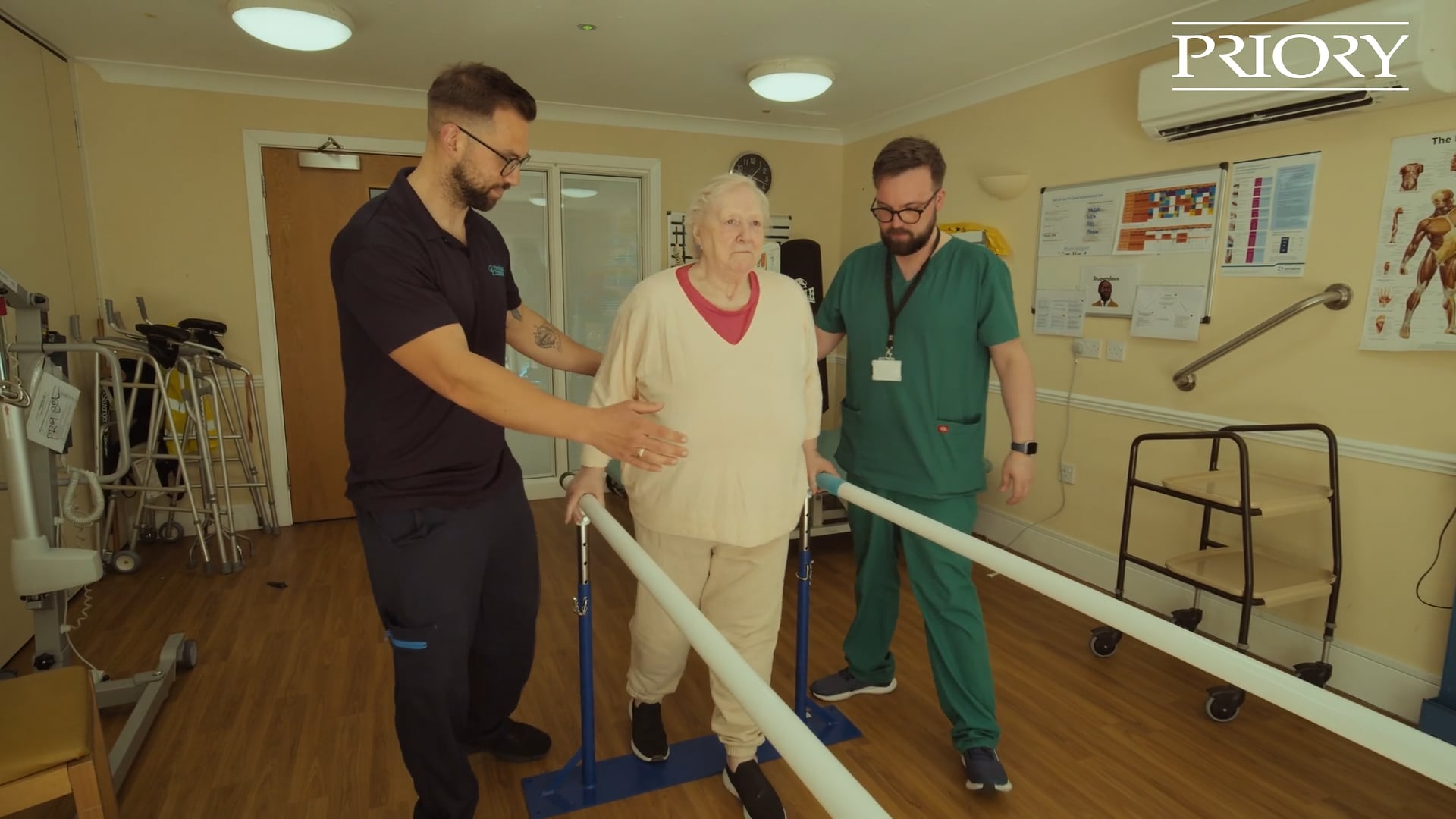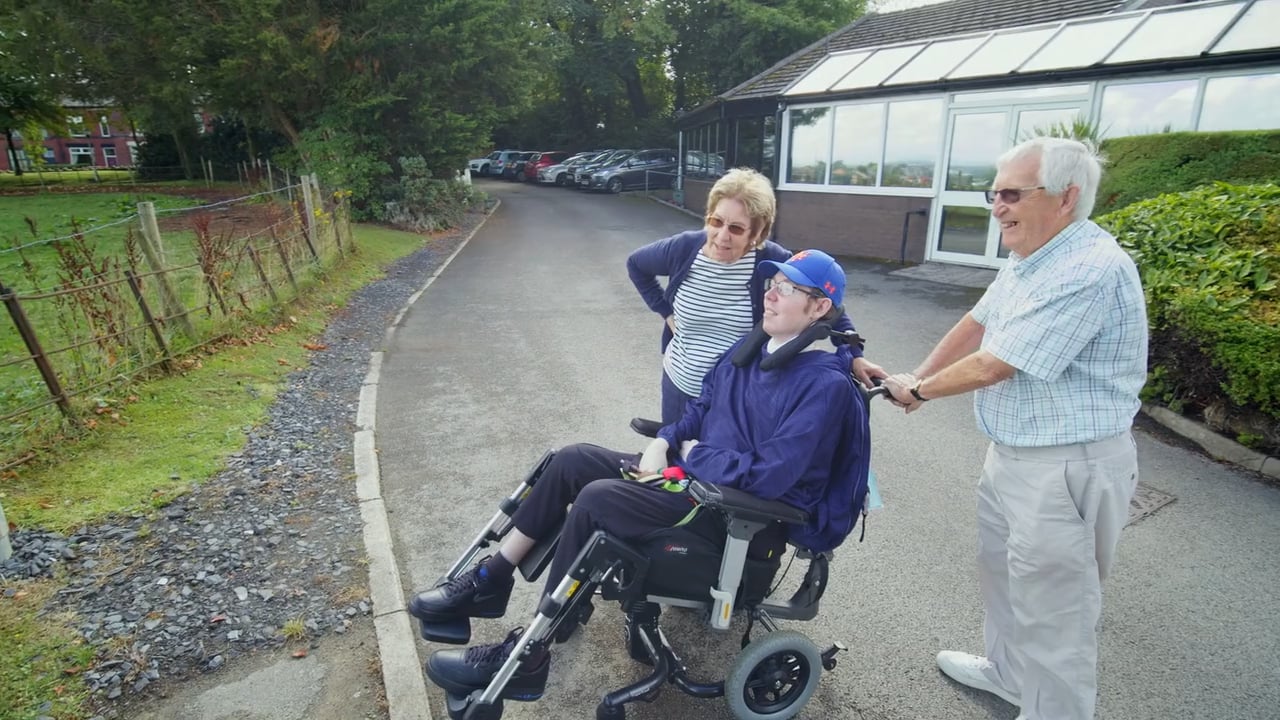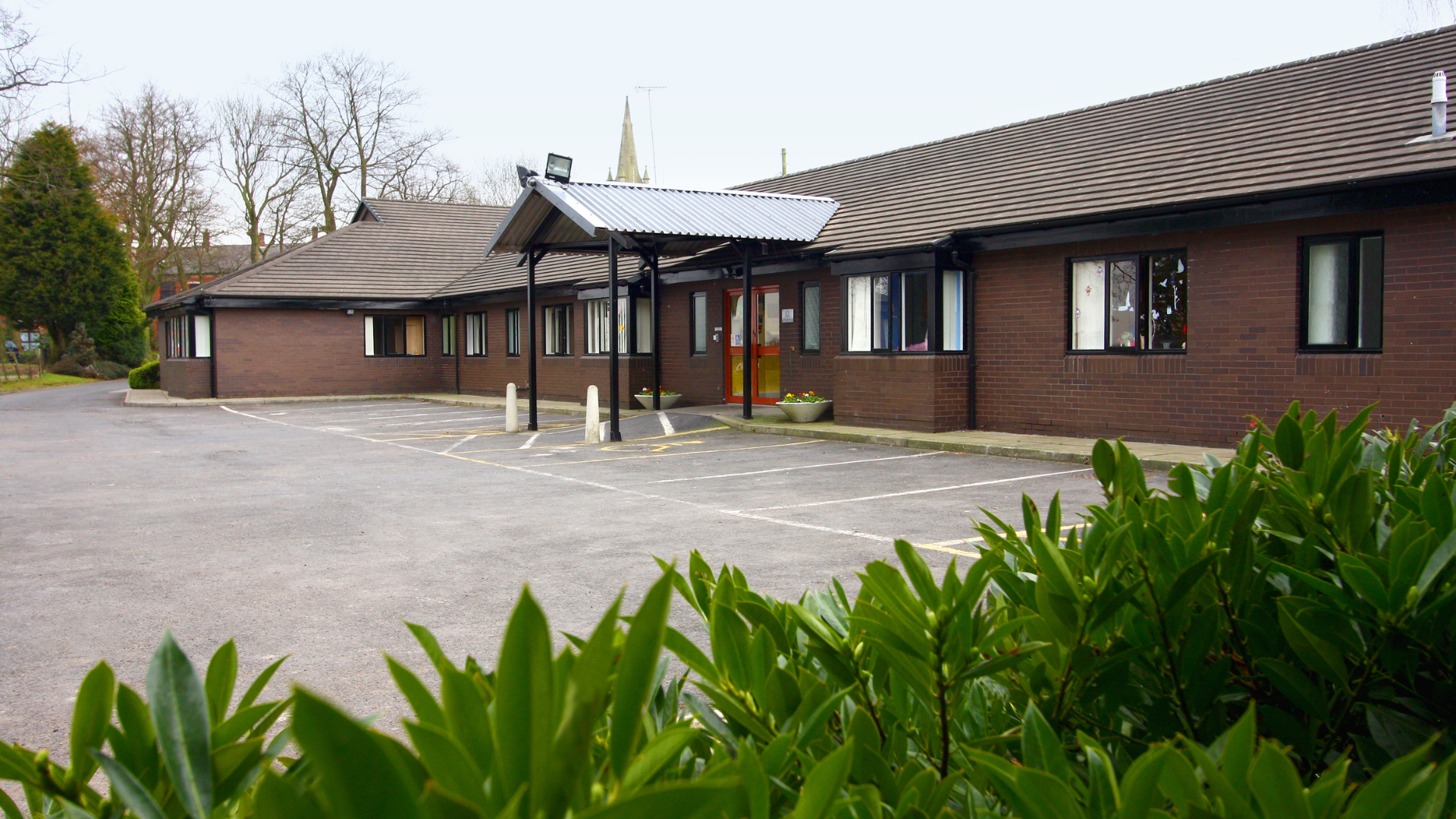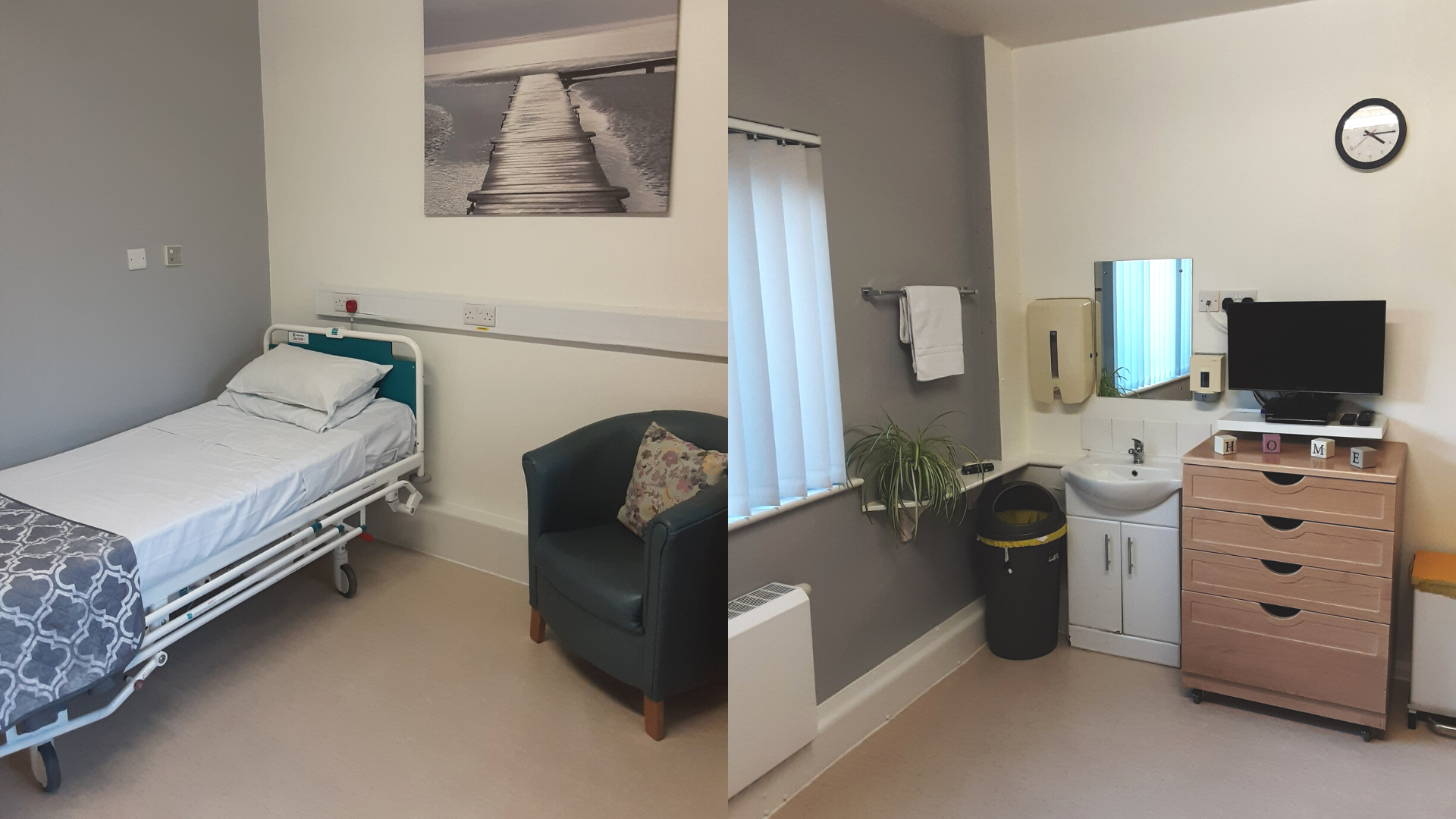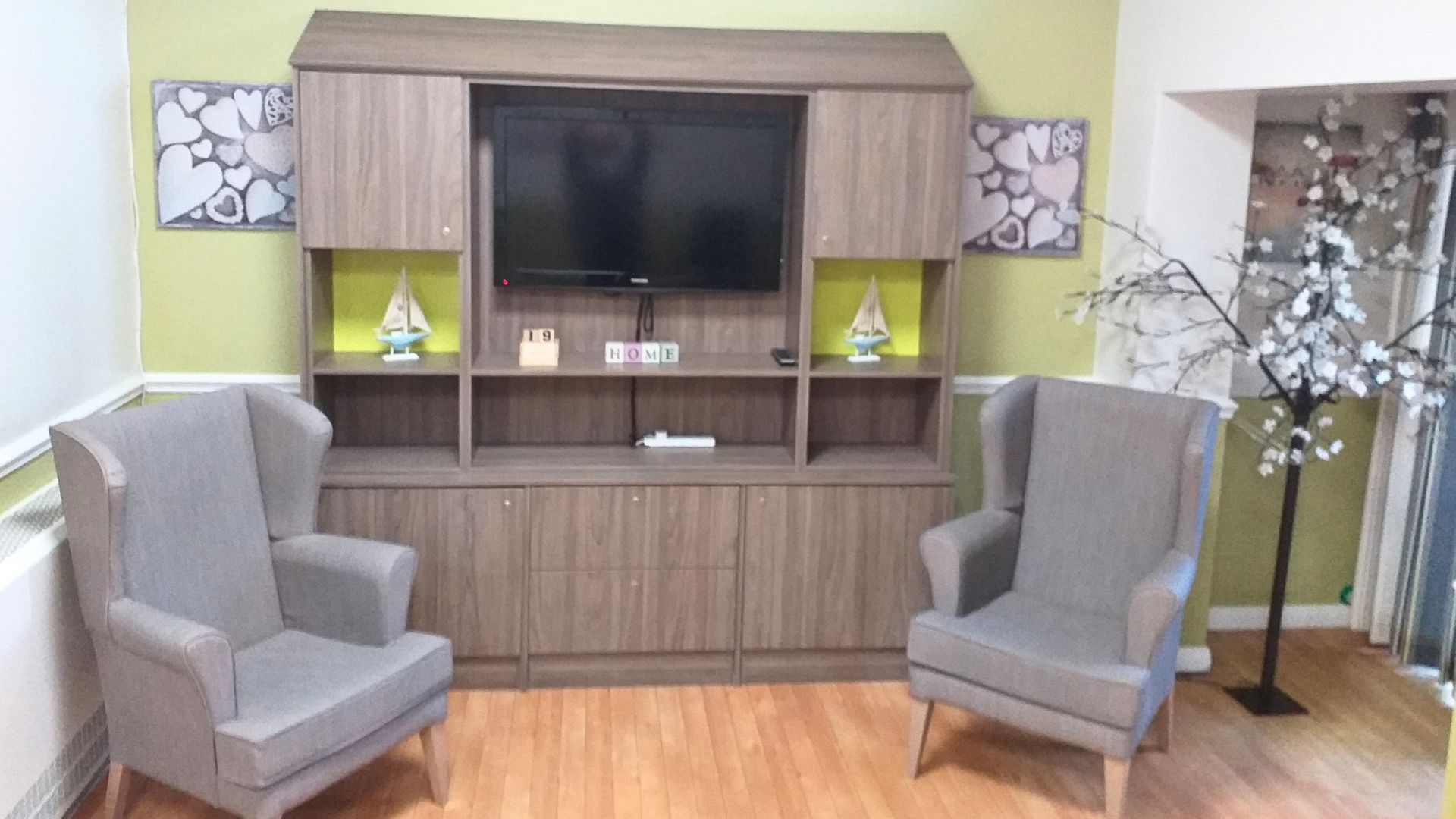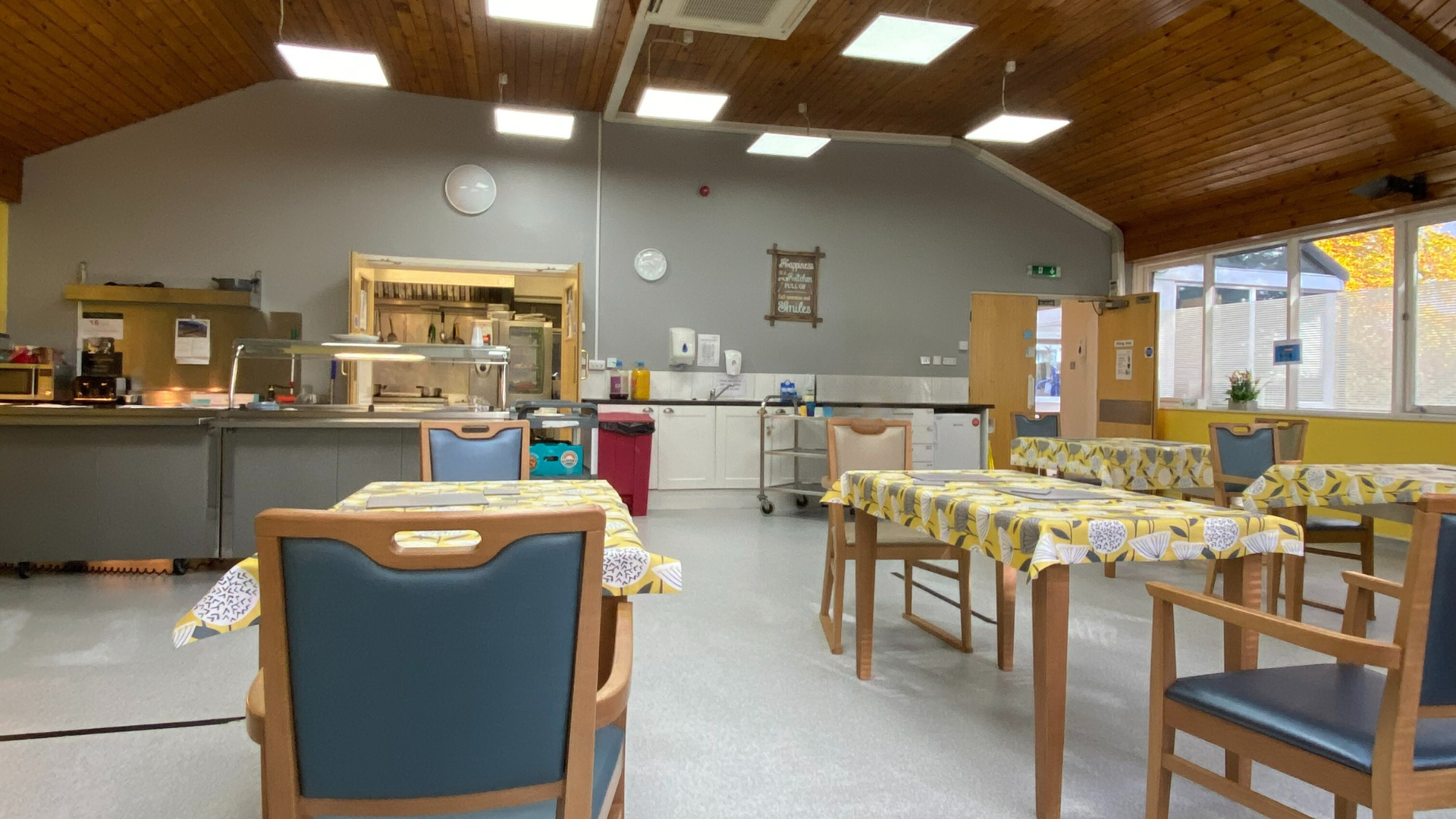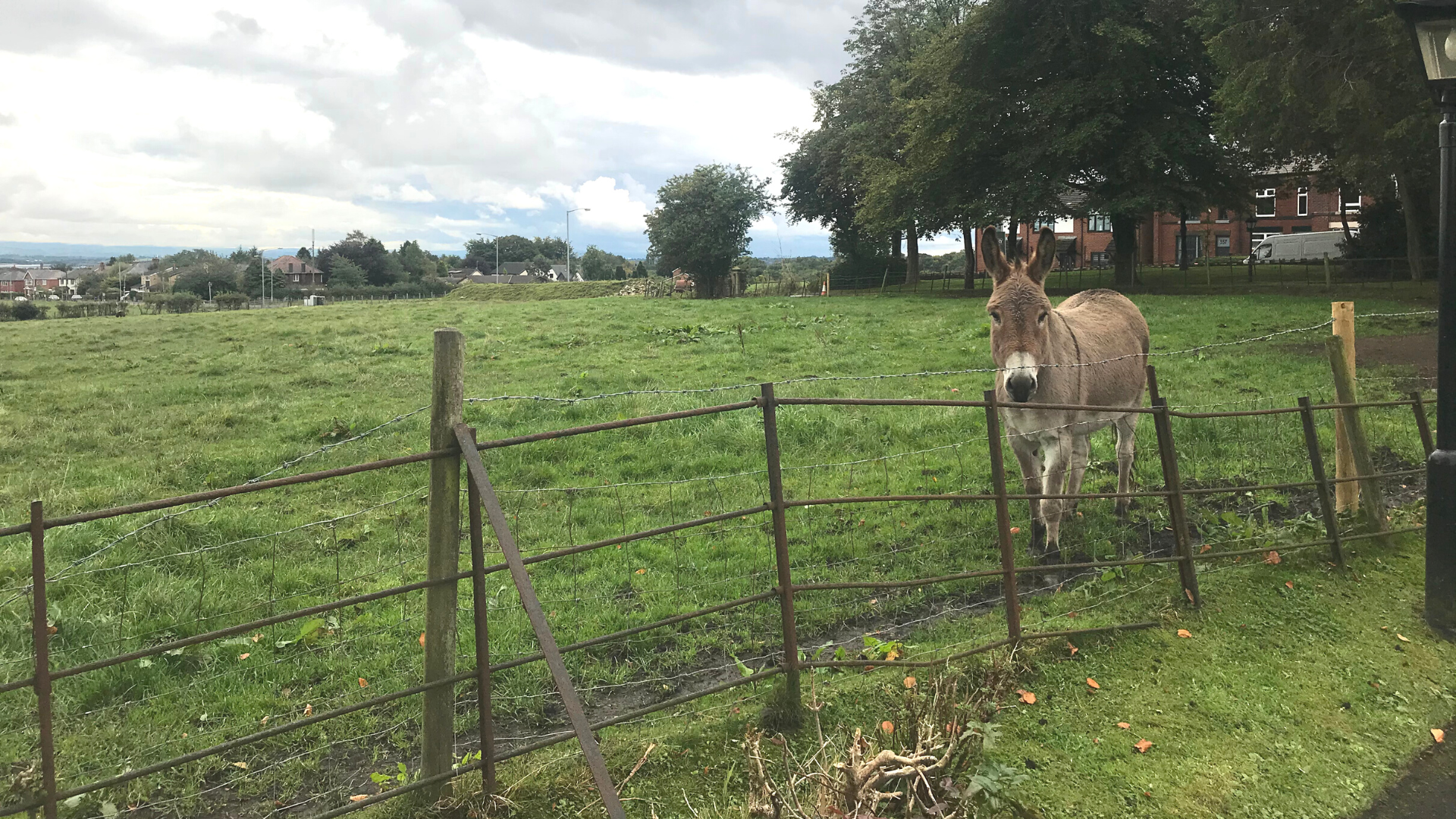About this location
The Elton Unit is located on the outskirts of Bury, Greater Manchester. It is a 28-bedded specialist care home which provides residential and nursing support to adults aged 18 years and older who have a brain injury.
The brain injury service is aimed at those whose disability requires management by a specialist team of practitioners who work together to maintain the person's wellbeing and quality of life. The Elton Unit offers specialist care for a wide range of complex support needs, including people with a prolonged disorder of consciousness (PDOC).
Services at a glance
There are a total of 28 bedrooms at the site. Of these:
Contact us
Click here to enable this content
About our service
Our facilities and environment
The Elton Unit is comprised of a large, detached building set on its own grounds. As well as the accommodation, there are comfortable and homely living areas as well as social and recreational rooms available for people to engage in various activities.
Our communal areas include:
- Quiet lounge
- Large dining room
- Sensory area
- Communal wet rooms
In addition, we have our own garden, which has:
- Patio
- Seating area
- Wheelchair access
- Sensory area
We also have a minibus to support people who live at the Elton Unit with their transportation needs.
Our bedrooms
Elton Unit boasts specially adapted facilities designed to cater to the physical needs of the people who live there. The 28 personalised bedrooms are all situated on the ground floor, and provide a comfortable and personalised living space for each individual. The shower/bathroom facilities are fully adapted and well-equipped to ensure safety and accessibility.
Our approach to support
Everybody who lives at The Elton Unit has their own person-centred care plan, which is co-produced with input from the individual, their family members and professionals involved in their care. We aim to help everyone in our care to make their own choices about the support they receive. This may include support in a number of areas, such as going out in the community, personal care, and maintaining family relationships.
We have support from our in-house multidisciplinary team (MDT) to offer a variety of support approaches at the home, which include:
- Respiratory management
- Postural management
- Dysphagia management
- Spasticity management
- Enteral feeding
- Epilepsy management
The lengths of the placements that we offer at The Elton Unit can be medium or long-term, depending on the needs of each person.
Activities
To promote social engagement and recreational activities, Elton Unit offers a welcoming and informal environment. A dedicated social and recreational co-ordinator is responsible for organising various group activities such as:
- Community trips
- Pet therapy
- Games
- External entertainers
- Art and crafts sessions
- Themed events
- Celebrating cultural events and festivals
- Video sessions
Additionally, individualised activities such as home visits and outings, including meals outside the facility, are arranged to cater to the personal preferences and needs of each patient.
Exclusion profile
- Those who present with severe behaviours that challenge
Pathways
Through our network of healthcare, residential and supported living facilities, we provide unique care pathways which help the people we support to progress towards greater independence. Every individual we support is provided with a bespoke pathway plan, tailored according to their individual needs. We aim to ensure that each person is supported to live a fulfilling and active life in the community. The Elton Unit may be able to support people who are stepping down from inpatient rehabilitation at nearby Priory Highbank Centre.
Our team
The service has a dedicated, caring and experienced MDT who work closely together to meet each individuals' needs. The team includes:
- Registered manager
- Deputy manager
- Registered nurses
- A consultant in neurorehabilitation
- Healthcare assistants
- Occupational therapist
- Speech and language therapist
- Physiotherapist
- Assistant psychologist
- Generic therapy assistants
- Dietitian
- Advocacy
- Social and recreational co-ordinator
- Chefs
- Administrator
- Maintenance workers
- Housekeeping team
Elton is also supported by a local GP surgery in Bury. In addition, our team receive specialist staff training, designed to meet the needs of each individual we support. For example, our nurses receive Immediate Life Support training. Additionally, our support team receive training in:
- Reducing restrictive interventions training (RRIT)
- Dysphagia training
- Respiratory management training
Family and friends FAQs
How does home leave work?
We support our residents to attend family events and visit their family homes, where possible. This will be agreed on an individual basis. We will work with the resident and their relatives to ensure possible risks are managed and that everyone is supported.
Can friends and families visit?
Family and friends are welcome to visit. Due to the nature of the support we provide, we do ask that most visits take place between midday and 8pm, although we do try to be as flexible as we can be. A quiet lounge is provided where the people who live here can spend time with visiting relatives, to have appropriate personal time.
Will I be involved and kept up to date with the progress of my loved one’s care and support?
We embrace a family-centred philosophy, recognising the vital role families play in the well-being and care of the individuals we support. Where appropriate and in line with the person’s wishes we are happy to involve family and keep them up to date on care and support.
Will my loved one be able to have a phone or call me?
We will support people to call their relatives, where they are able to engage in this and wish to do so. This also includes video calls.
What are the bedrooms like?
Bedrooms are adapted to meet individual needs and personalisation of the room is encouraged, this can include choosing of décor.
Are external doors kept locked?
Yes, due to the nature of the service, the doors are locked and we have a keypad system in place.
What do residents eat and how do meal times work?
Meal times are structured into breakfast, lunch and an evening meal, plus supper if needed. Where people can make choices themselves, a menu is available. People will be supported to enjoy snacks outside of these times, if they wish. We have dedicated chef support, who cater for different dietary requirements, with involvement from the dietician and speech and language therapist. Many of the people we support require enteral feeding and will have their own support plans from the dietician. The large dining room facilitates communal dining experiences, fostering a sense of community.
How does laundry work?
Our team will ensure that residents always have access to clean clothes and bedding. We have a dedicated laundry room, and this is mainly carried out by the staff but family can do their loved ones laundry, if they wish.
Who does the housekeeping and domiciliary tasks?
We have a dedicated housekeeping team who manage all of the cleaning and domestic tasks.
Is there anything they can’t bring or have?
Within our service, there is a banned and restricted items list, which is in place in order to keep everyone safe. This is displayed in our entrance area but can also be discussed with the team.
How do activities work?
Every person we support has a tailored activities planner. This will include both in-house activities as well as visits into the community. We have our own dedicated social and recreational co-ordinator, who is responsible for organising various group activities. Additionally, individualised activities such as home visits and outings, including meals outside the service, are arranged to cater to the personal preferences and needs of each individual.
How will residents be supported with their behavioural needs?
Our team strive to understand the needs and preferences of the people we support, to ensure that the right support is in place for each individual. However, we focus on neurophysical support, and, as such, we generally do not support people who have primarily neurobehavioural needs.
Do residents and families have an input into the care plans?
With the individual's consent or as agreed in the person’s best interest, families are encouraged to actively participate in care planning and decision-making processes. We believe this collaborative approach enables us to provide the best possible care for each person.
What are the car parking facilities?
The Elton Unit has on-site car parking facilities, which are free to use.
What is the smoking policy?
We have a dedicated area for the people who live here to smoke, if they wish. However, staff or visitors must smoke away from the premises and grounds.
What are your fees and how are they funded?
Our fees can vary, and are based on an assessment of each individual's needs. Many people are eligible for financial help towards the cost of support, and this funding can be accessed by contacting your local authority. Once funding has been agreed, we will work with your local care team to put together a bespoke package of care. Please note, referrals for NHS or Local Authority funded services must come from a referring organisation.
How to make a referral
Our service provides high quality support to people with varying levels of need. Referrals can be made through the individual’s social care team or, if relevant, their local health authority. If you are a professional looking to make a referral, please call us or fill in our enquiry form.


